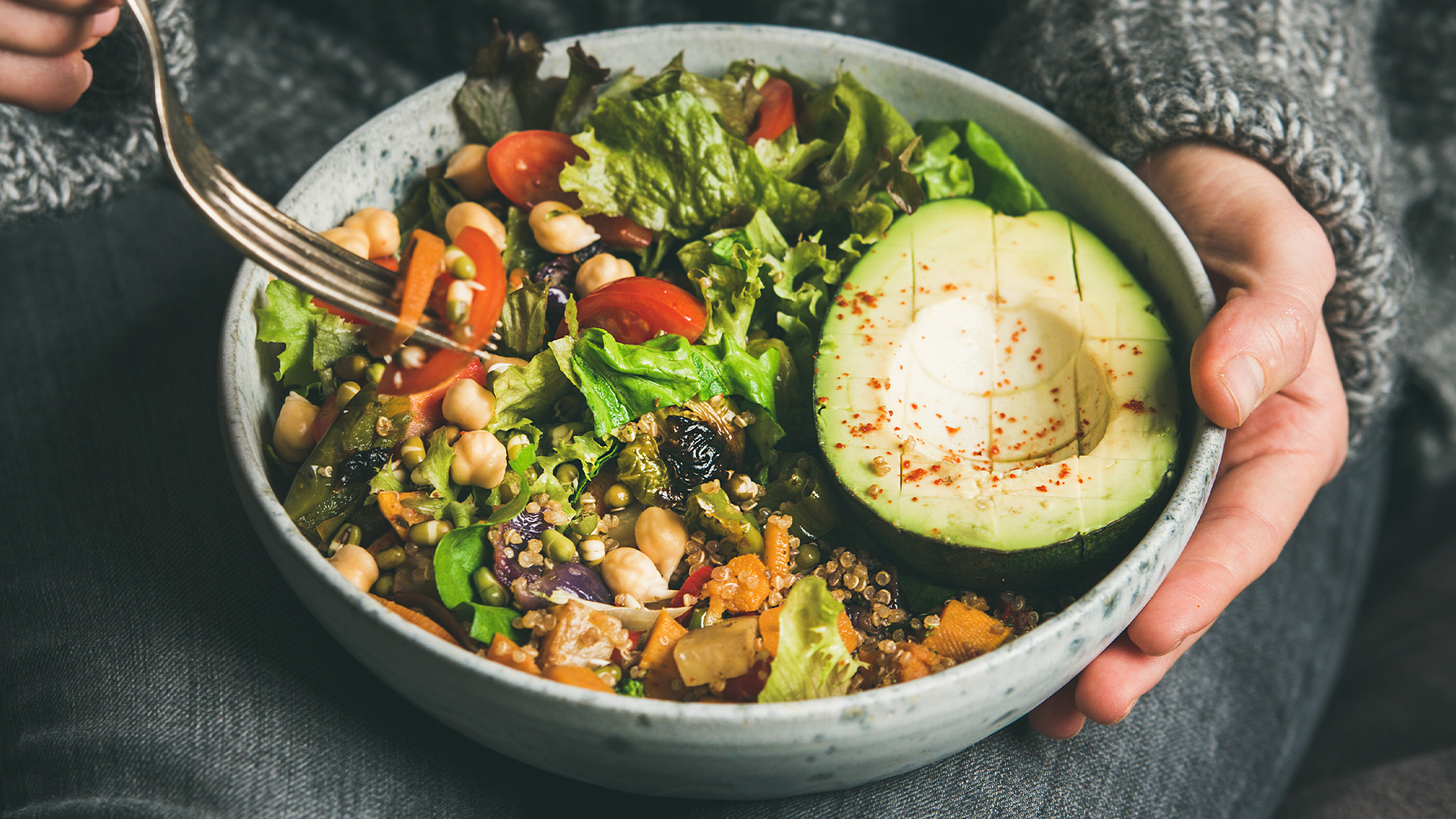
17 September 2025
Six super foods to naturally increase sperm count (and three things to avoid)
If you and your partner are trying to conceive, you're not alone—around one in three couples facing difficulties find that male infertility, often linked to low sperm count, plays a significant role.
Fortunately, adopting certain dietary habits can help improve sperm health naturally. It is also worth considering a male fertility test to check your sperm is healthy.
Fertility-boosting foods for sperm health
By incorporating these super foods into your daily diet, you can actively support your fertility journey:
1. Leafy greens
Leafy greens such as spinach, broccoli, and kale are rich in folic acid, an essential nutrient not just for women but for men too.
Research by UC Berkeley found that men who consumed over 700 micrograms of folic acid daily experienced 20–30% fewer sperm abnormalities. Including these vegetables regularly in meals can significantly enhance sperm quality.
Tip: Add spinach to salads, blend kale into smoothies, or lightly steam broccoli as a nutritious side dish.
2. Walnuts
Walnuts are packed with omega-3 fatty acids, crucial for boosting sperm count and enhancing motility. Their high antioxidant content also helps protect sperm from oxidative stress, improving overall sperm health.
Tip: Snack on a handful of walnuts daily or sprinkle them onto your breakfast cereal or salad.

3. Bananas
Bananas contain vitamins A, B1, and C, vital nutrients for healthy sperm production. They also provide a small amount of bromelain, an enzyme believed to help regulate sex hormones and potentially improve sperm count.
Tip: Eat a banana daily as a quick snack or blend it into your morning smoothie for an energy boost.
4. Oily fish
Oily fish such as salmon, mackerel, and sardines are rich in omega-3 fatty acids, which have been linked to improved sperm motility and count.
Tip: Enjoy oily fish at least twice a week by grilling, baking, or adding to salads.
5. Pumpkin seeds
Pumpkin seeds are an excellent source of zinc, a mineral crucial for testosterone production and sperm quality.
Tip: Sprinkle pumpkin seeds on salads, cereals, or yogurt for an easy fertility boost.
6. Eggs
Eggs are rich in vitamin D and high-quality protein, essential for hormone regulation and sperm production.
Tip: Include eggs in your breakfast routine by boiling, scrambling, or poaching.

Three things to cut out for better sperm health
It's equally important to avoid certain substances that negatively impact sperm count and quality:
1. Artificially sweetened drinks
Emerging studies suggest that artificial sweeteners like aspartame, commonly found in diet sodas, may reduce sperm count and even cause DNA damage to sperm cells. Consider swapping diet fizzy drinks for sparkling water with natural fruit infusions.
2. Excess alcohol consumption
Heavy alcohol intake is known to lower libido, impair sperm production, and cause impotence. The NHS advises a recommended alcohol intake of no more than 14 units per week. Thankfully, reducing alcohol consumption can reverse these negative effects, with sperm typically regenerating every 72 days.
3. Processed meat and high saturated fat foods
Foods high in saturated fats and processed meats have been linked to poorer sperm quality. Reduce intake of these foods by choosing leaner proteins and fresh alternatives.
Simple changes, big results
Improving fertility doesn't have to be complicated. By adding food for healthy sperm to your diet and avoiding harmful habits, you’re taking proactive steps toward improving your sperm health.
For personalised fertility advice or to discuss your nutrition needs in more detail, don’t hesitate to contact our specialist team at HSFC. We're here to support you every step of your fertility journey.
.jpg?upsize=true&upscale=true&width=400&height=200&name=Untitled%20design%20(1).jpg)

